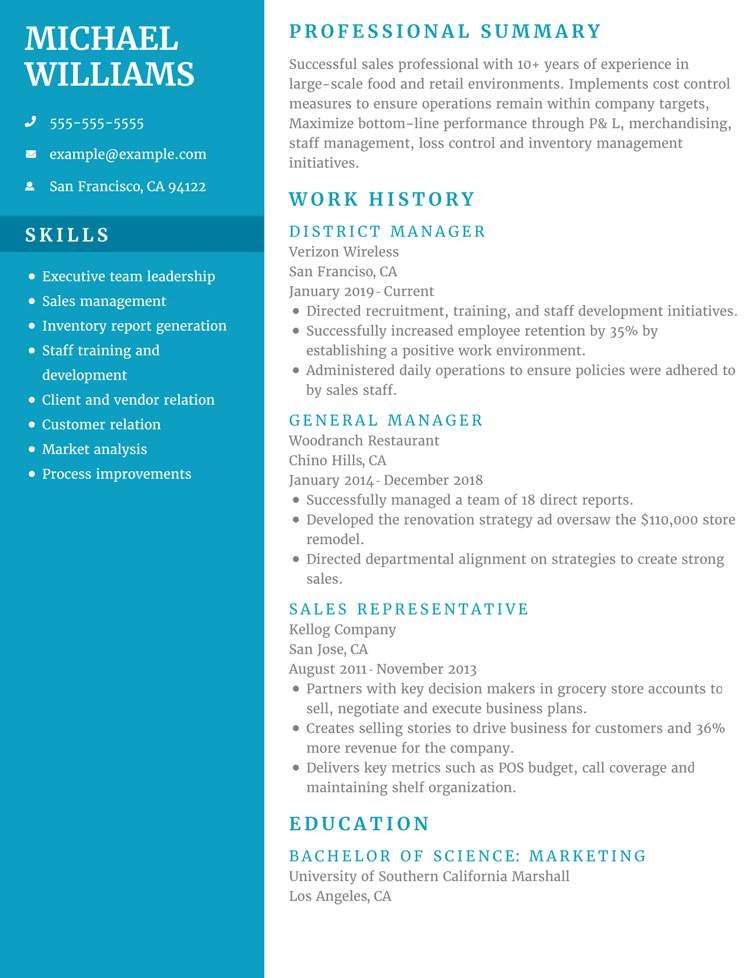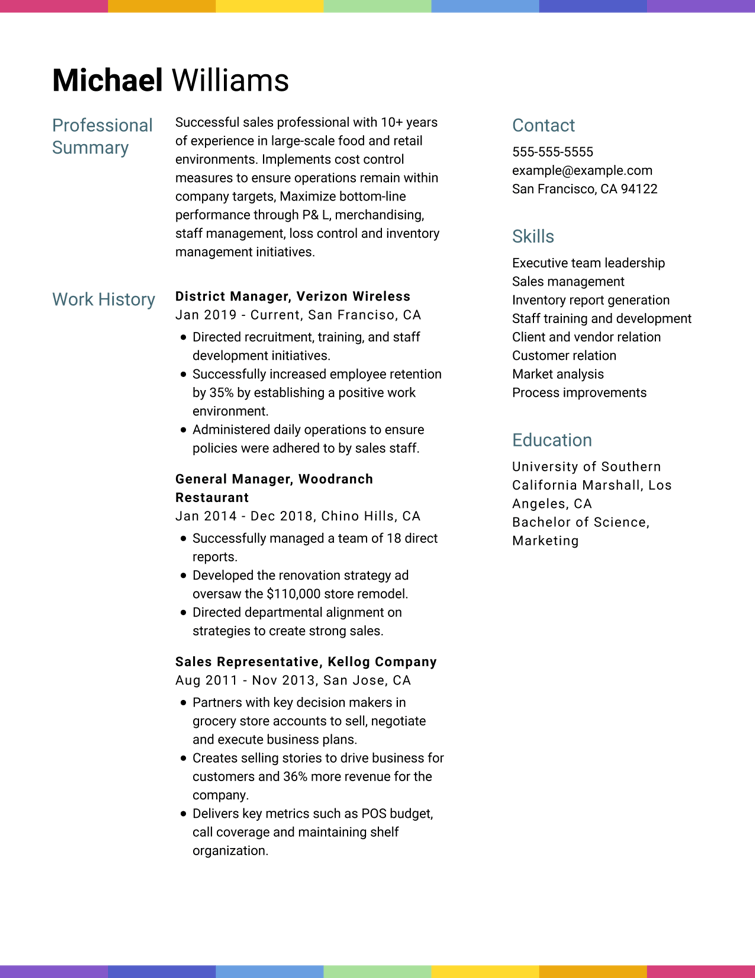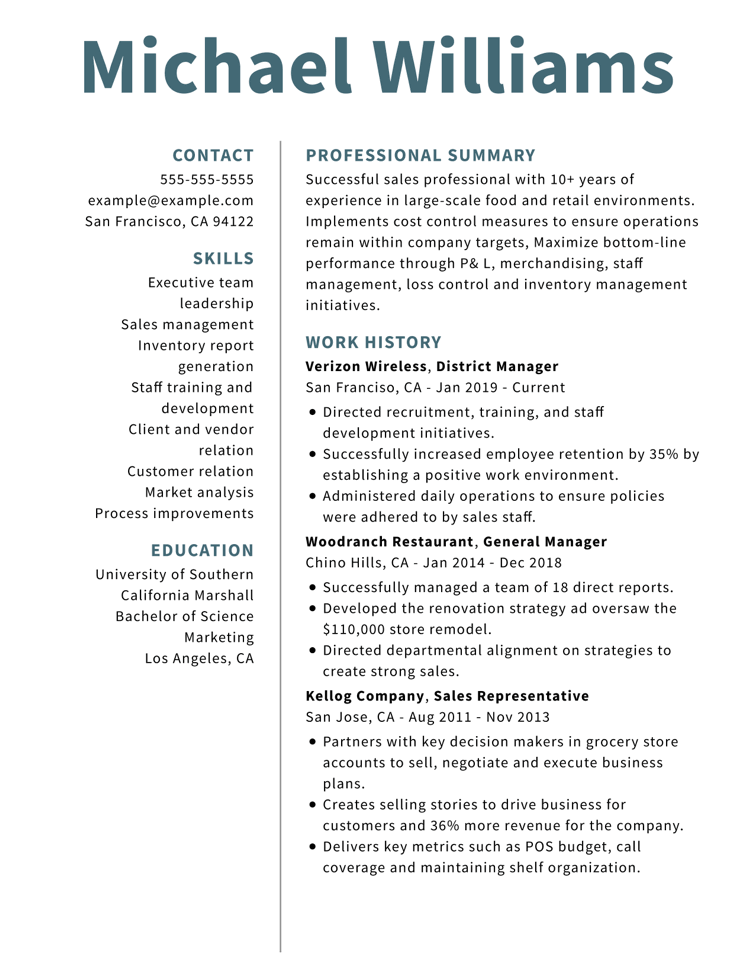CV Statistics to Keep In Mind
Want to know how you can make your CV stand out from the crowd? Check out these CV statistics and see how you can improve your CV today.
Want to know how you can make your CV stand out from the crowd? Check out these CV statistics and see how you can improve your CV today.





OUR USERS HAVE BEEN HIRED BY



One of the most unique ways to better understand how to write a CV is by using CV statistics. CV statistics can give you a better idea of how other people are looking for a new job and what career advice you should be incorporating into your CV as well. If you’re looking for quantifiable results in your job-hunting endeavour, you need to draw on job search statistics. Here’s how you can improve your CV templates by listening to CV statistics.
CV statistics start with the actual way you construct your CV. Here are a few points to consider when you’re preparing to write a CV:
What do these statistics say about writing a CV for a job posting? First of all, 85% of recruiters agree that potential candidates inflate their competencies. When as many as 25% of hiring managers look at your CV for less than half a minute, you need to get across that information as quickly as possible if you’re hoping for a job offer. The best way to do this, is with quantifiable metrics (dollars, amounts, percents) that add easy spot verification to your skills.
Soft skills are an important starting point when listing your key skills. These skills revolve around the way you communicate with other people and the way you handle yourself. They’re personality-based skills. Here are a few of the soft skills that might make you more likely to land a job interview:
You’ll often see these skills listed in the job description of an open position.
What about hard skills? While soft skills are all about your personality, hard skills are specific knowledge that applies to the job you’re applying for. Here are a few of the most common hard skills you might see on a CV:
It’s important to remember that hard skills will naturally vary depending on the job. If you’re applying to be a professional CV writer, you’re probably going to need to know how to use Microsoft Office. If you’re applying to be a data scientist, you’ll need to know how to use machine learning algorithms and write in Python and SQL. Your industry will have an impact on the hard skills you use, so don’t feel like you need to use all of these skills.
When you’re constructing your CV, you need a way that you can show off everything in the very short amount of time you have. That’s where headings come into play. These are the most common CV sections:
These sections are the most common ones that you may include in your CV. However, even with this knowledge, you will likely still have a difficult time filling out your job application on your own, especially if you’re a first-time job seeker. That’s where CVHelp can come in, we can help you create your job application from top to bottom. You can use the CVHelp CV builder and the cover letter builder to write a better CV. Plus, you can also find CV examples if you want to look at other job seekers’ CVs before you write your own.
There are typically four common mistakes that may make a hiring manager reject your CV outright, often without looking at any of the actual content. Avoid these mistakes if you want to get a job offer:
You can fix many of these problems with the CV builder at CVHelp. If you’re willing to use extra tools, you can avoid most of the common CV mistakes.
More than 70% of CV are rejected, and a common reason for this rejection is that the CV don’t make it past the applicant tracking system (ATS). ATS is an automated process to make it easier for a hiring manager to fill a position. With ATS, if a CV doesn’t have the right number of CV keywords, it never even makes it to the hiring manager. You can avoid this problem by actively looking for more keywords and paying close attention to the job description.
Yes. Around 45% of people applying to a job opening don’t even include a cover letter with their CV, which means that you can stand out from almost half of the applicants on average if you write a cover letter. This is just one more reason why cover letters are so important even today.
We personalize your experience.
We use cookies in our website to ensure we give you the best experience, get to know our users and deliver better marketing. For this purpose, we may share the information collected with third parties. By clicking “Allow cookies” you give us your consent to use all cookies. If you prefer to manage your cookies click on the “Manage cookies” link below.